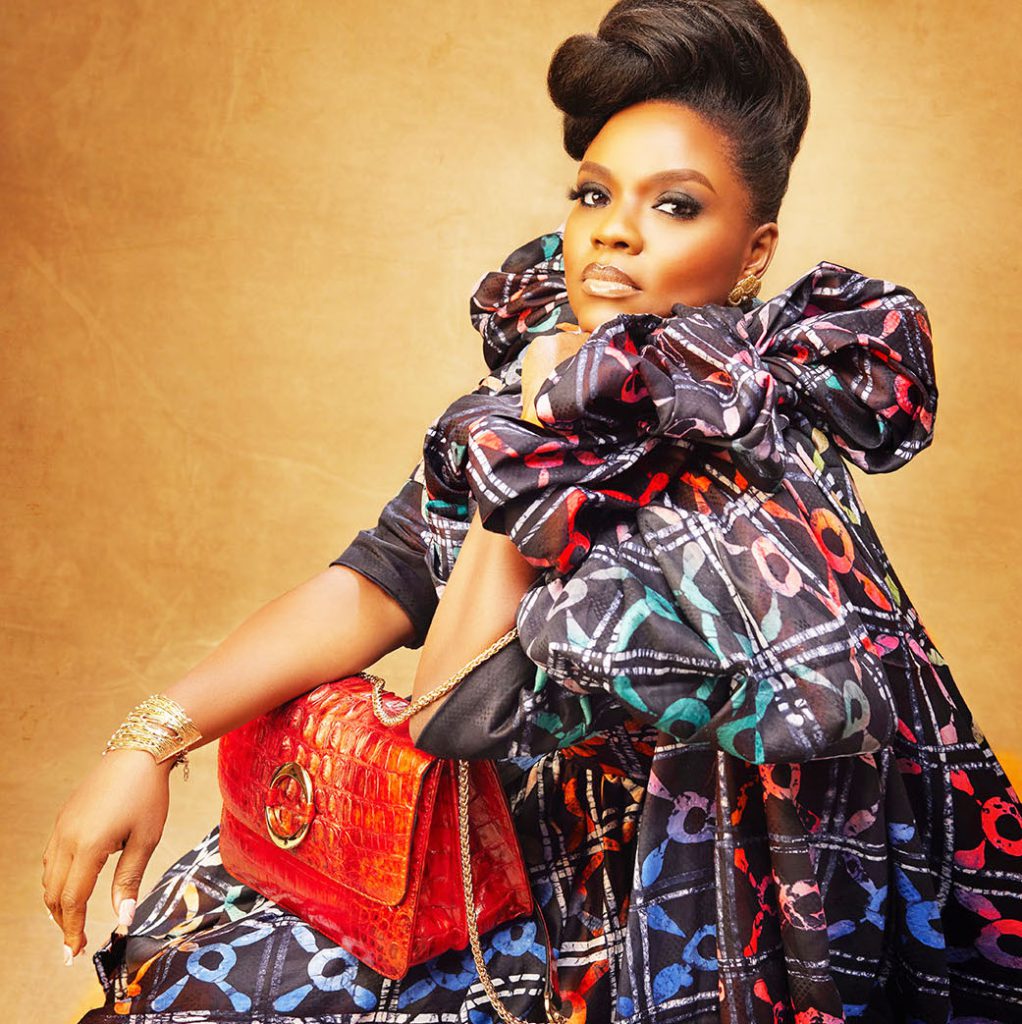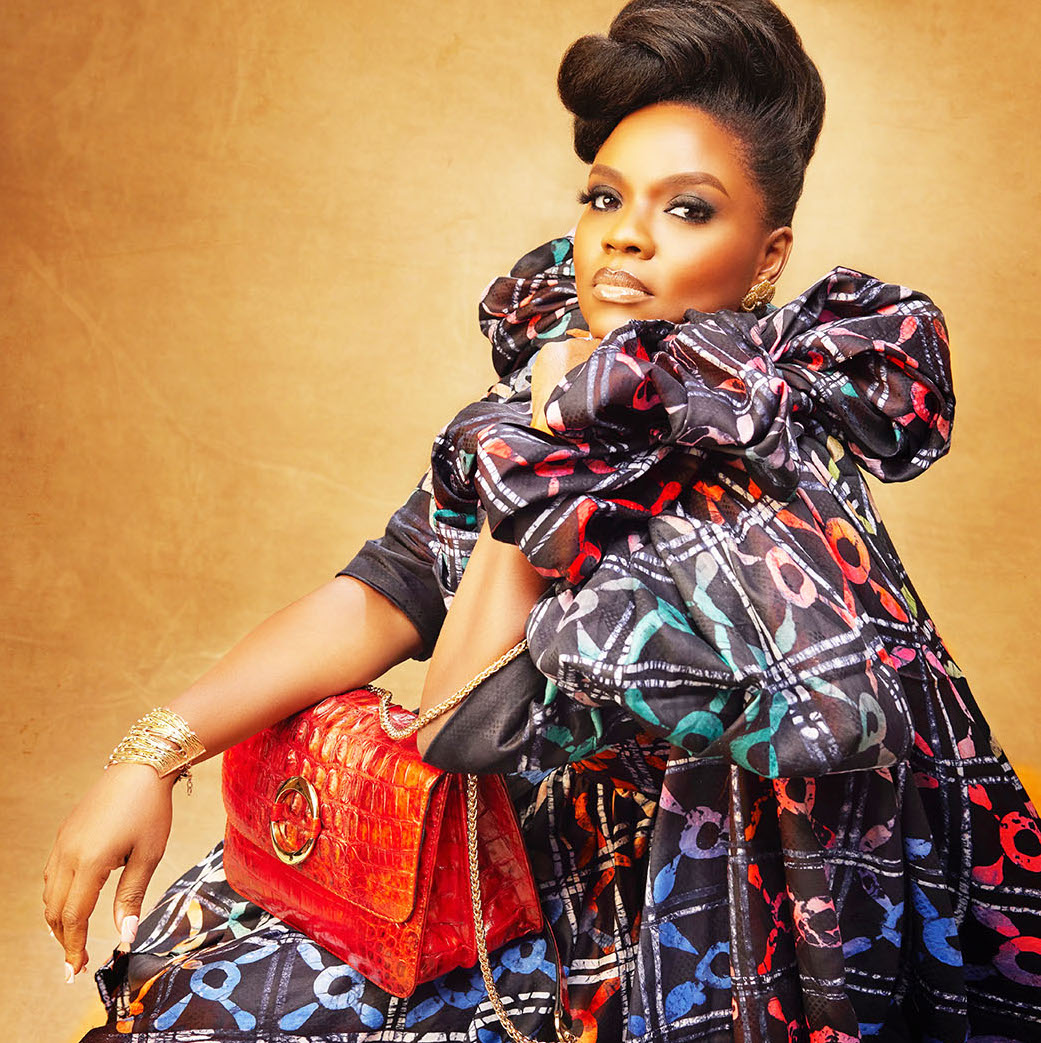
Olubukola Asafa serves as the Chief Executive Officer of OBA Couture, specializing in the production of high-quality ready-to-wear clothing, accessories, footwear, and handbags. As a recipient of the 2011 Youwin grant from the federal government, aimed at supporting small business startups and young enterprises, Asafa offers insights into the African fashion market, highlighting both its opportunities and the challenges that have affected entrepreneurial enthusiasm. She also proposes strategies to enhance support for SMEs in Nigeria.
How would you describe the experience of managing the type of business you’re currently operating?
The type of business I’m currently engaged in, which involves manufacturing handmade handbags, footwear, and ready-to-wear clothing, presents dynamic and vibrant opportunities alongside its challenges. Among the opportunities is the expanding market. The Nigerian fashion industry is part of a burgeoning African fashion market, experiencing increasing local and international interest, buoyed by our large youthful population, rich cultural heritage, and entrepreneurial drive. However, several challenges persist, including poor and inadequate infrastructure such as unreliable power supply, deficient road networks, and inconsistent water supply, all of which impede workflow and hinder meeting production deadlines. Access to funding remains another significant challenge, as securing adequate financial support for expansion is often difficult, compounded by economic fluctuations.
Do you procure your raw materials locally for your products?
We obtain some of our raw materials from local sources, while others are imported.
Given the industry’s ongoing reliance on imports for finished goods from the Western world, do you find this situation satisfactory?
This narrative has persisted for quite some time, yet I see it as a contributing factor to the thriving fashion industry in Nigeria. The competition posed by finished goods from the Western world has compelled fashion designers in Nigeria to enhance their skills, differentiate their products, and strengthen their brands. At OBA, we utilize distinctive leathers and fabrics that integrate our traditional and local heritage, setting us apart from imported goods. I’m content with this scenario because, in the end, all elements synergize for our benefit.
These trends are likely affecting your profits. Nevertheless, how has the business managed to stay afloat since its full operation began in 2011?
The primary and crucial factor that has kept us afloat is the grace of God, alongside other key factors such as proficient skills and craftsmanship. Our products are meticulously crafted by highly skilled artisans who employ age-old techniques passed down through generations, dating back centuries. Our narrative has consistently revolved around the “made in Nigeria” ethos, fueled by a passion for elevating Nigerian-made goods onto the global platform. Diversifying our product range to include ready-to-wear clothing and establishing a strong online presence through social media and e-commerce channels has enabled us to reach a broader audience, both locally and internationally. Additionally, regularly collecting and acting upon customer feedback has been instrumental in our journey.
As a recipient of the N8.2 million Youwin grant competition, how did this funding affect your business?
Upon receiving the N8.2 million grant from the federal government in 2011, I was at the initial stages of my business journey, having commenced operations merely five months prior and completed the company registration. Securing the grant undoubtedly proved advantageous for the business. It facilitated the acquisition of essential assets and afforded me the opportunity to travel to Italy for training under one of the premier shoemakers in the industry.
In your current role, what measures do you believe should be implemented to support SMEs?
Small and medium-sized enterprises (SMEs) play a vital role in economic growth, necessitating assistance through various means. This includes ensuring convenient access to affordable government-backed loans and grants, implementing targeted mentorship and training programs to enhance business management and technical skills, facilitating networking opportunities, fostering an environment conducive to innovation and entrepreneurship, and enabling access to domestic and international markets.
OBA Couture has showcased its collections in the United Kingdom and began stocking its products in New York City, USA, starting in February 2024. What prompted this expansion strategy?
To begin with, this expansion has enhanced our brand’s visibility and reputation globally, garnering interest from international media and consumers. Secondly, amidst the devaluation of the naira, we needed to explore innovative avenues to increase foreign currency earnings. Thirdly, venturing into larger and more diverse markets presents the opportunity to expand our customer base and revenue potential significantly. Lastly, diversifying our revenue sources reduces reliance on the local market and contributes to a more sustainable business model. Ultimately, this trajectory propels us towards achieving our goal of establishing a resilient global brand.
In what way does this demonstrate OBA Couture’s consistency throughout the years?
Our vision has consistently aimed to position us as a leading manufacturer and creator of authentic, distinctive premium goods proudly made in Nigeria. We remain steadfast in pursuing this vision, and each day brings us closer to its realization, guided by the grace of God.
Stay updated and stay ahead of the game! Follow Lagosstate.com on the website for instant updates, breaking news, and exclusive content. Don’t let any headline slip by!




